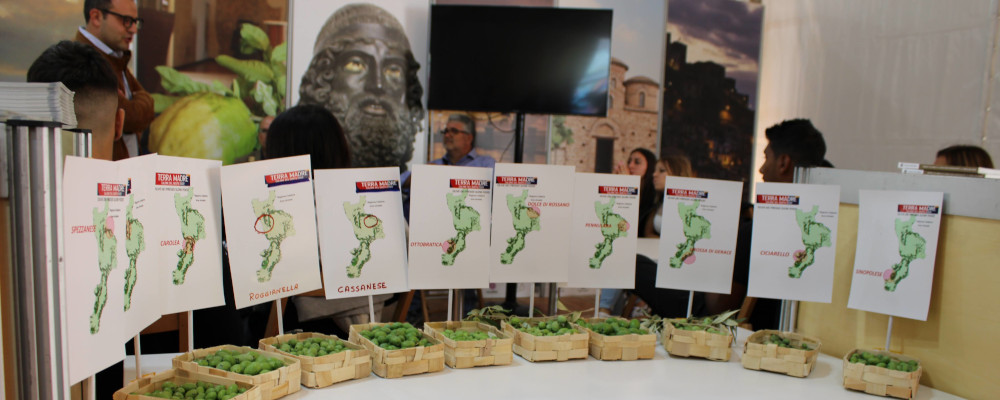Life just seems to be much more of a struggle these days. The pandemic has disrupted our lives for more than years and filled us with ongoing challenges and fear for the future.
Despite the current low burden of disease, there is fear of new variants arising that might lead to restrictions that limit our quality of life beyond their true risk. Many people continue to suffer from a type of post traumatic stress.
The seemingly endless war in Ukraine has led to painful hardship and suffering, with constant reminders of human cruelty and inhumanity. Europe faces a challenging winter as Russia cuts off its supply of natural gas. Will this conflict lead to an even greater war?
We face the challenges of inflation, supply chain shortages, high food costs leading to starvation in poorer countries and the likelihood of another recession. The state of the economy has replaced COVID-19 as our number one concern.
The mistakes of our governments and institutions have lessened our confidence in their leadership and ability to effectively deal with crises. The dysfunction of American politics and justice has worldwide repercussions.
While struggling with the challenges of life can be painful, there are important lessons to learn from hardship and failure that can help guide us to a more successful future.
Failure challenges and teaches even the highly successful. Michael Jordan, in my opinion is the greatest basketball player of all time. His play seemed effortless. He almost always rose to the occasion to find a way to win. He won six NBA championships and was the most valuable player in the finals all six times.
Did Michael Jordan have to struggle to succeed? He said: “I’ve missed more than 9,000 shots in my career. I’ve lost almost 300 games. Twenty-six times I’ve been trusted to take the game-winning shot and missed. I’ve failed over and over again in my life. And that is why I succeed.” Failure inspired him to get back up, learn from failure and try harder.
Steve Jobs was fired from Apple at the age of 30 when it was felt that his vision for the company wasn’t in line with a successful business model. He didn’t give up. He spent 12 years working on novel computer technology and software that prepared him to retake the reins of the company and create the most innovative and successful technology and communications business in history. His focus was on innovation, functionality and elegance. Apple is now worth over 2.5 trillion dollars making it the world’s most valuable company.
Nature also teaches us about the benefits of struggling. The best wine is made from grapes that have to struggle. Hillside wines with greater water runoff have less water to support them, yet usually make the best wines. The lack of water forces the vine’s roots to go deeper to find water and as a result produce wines that better reflect the terroir that they come from. The roots don’t simply accept that there is scarcity, they struggle to succeed and as a result thrive.
Businesses and individuals learn from failure in different but overlapping ways.
Amy C. Edmondson in a 2011 Harvard Business Review article interviewed a number of diverse high level executives. They admitted to being torn by “how they could respond constructively to failures without giving rise to an anything goes attitude.” Mistakes fell into three broad categories: preventable, complexity-related, and intelligent. It was key to learn from failure, prevent the preventable, limit unnecessary complexity and foster a culture of innovation that accepted failing as an essential part of experimenting to find the best solutions to problems.
There needs to be a culture of avoiding the blame game of “who did it,” and instead focusing on what can we do to fix it and learn from it. In medicine there has been a focus on acknowledging errors, reviewing their causes, educating physicians, and developing systems to prevent them.
As individuals we have to accept that failure is an unavoidable part of life. This lesson needs to start at a young age. It is healthy for children in school to struggle and learn from being challenged. Failure shouldn’t be met with shaming and bullying. It should be met with kindness, encouragement and constructive criticism. Dealing with failure is an essential part of learning. It prepares you for the real world which will be much less kind. Teachers are often afraid to even mildly criticize their students since it hurts their own ratings by students. It is similar to the Uber driver asking for five stars so he will give you the same.
It is too easy for us as individuals to focus on our negatives. Are we successful enough, smart enough, attractive enough, happy enough? Instead the focus should be on embracing our strengths and having gratitude for what is good in our lives. My grandchildren play “Roses and Thorns.” They show gratitude for something good that is a “rose” and accept the “thorn” and try and overcome it. Accepting our feelings and sharing them with family and true friends allows us to “accept what we can’t change and change what we can’t accept.”
Learning from failure requires resilience which comes from physical, emotional and mental strength.
Physical fitness is a key factor in living longer and living better. Being healthy makes it much easier to be resilient, not just physically but also mentally. We have designed a website that promotes health and can be used to improve flexibility, build strength and use meditation to reduce stress. I encourage you to try it as many of my patients have. It has given me the fitness that makes me feel healthy, stronger and more able to work through challenges.
Struggling is an essential part of life. I have learned a great deal from how my patients find the courage and resilience to cope with ageing and disease. I still have much to learn.
Winston Churchill said “Success is not final, failure is not fatal: It is the courage to continue that counts.”
Recommended for You

Ginny Roth: J.D. Vance, Pierre Poilievre, and how they slice their economic pie

David Polansky: As President Biden leaves the race, will the Democratic Party hodgepodge hold?

RCMP spending to protect MPs may have risen 112% since 2018, as Canadian politicians face greater rise in threats

Peter Menzies: The mainstream media should love Doug Ford, now that he’s subsidizing them









